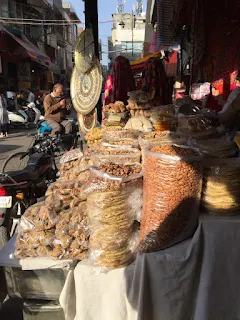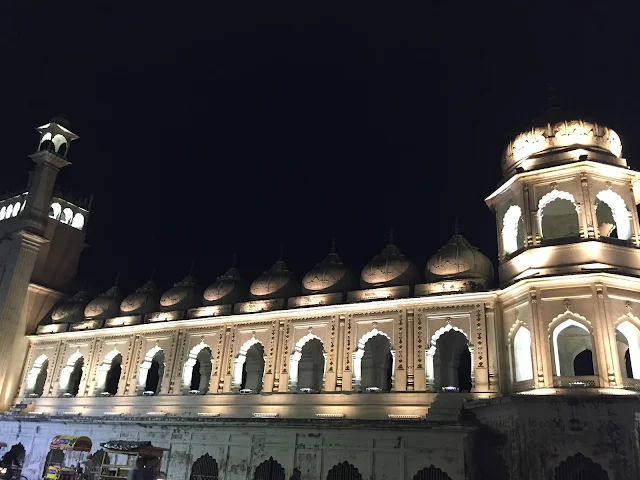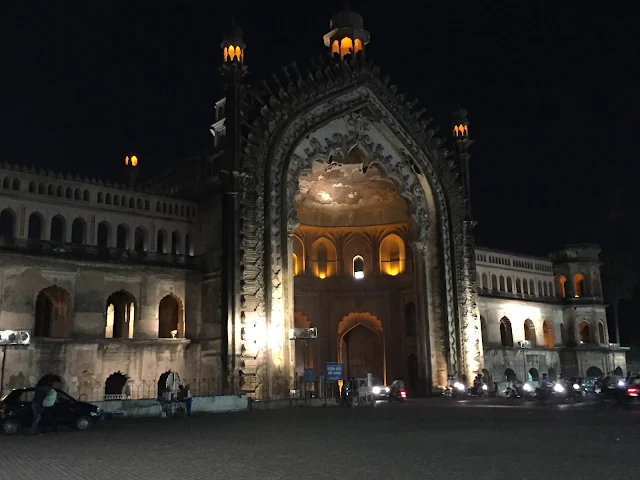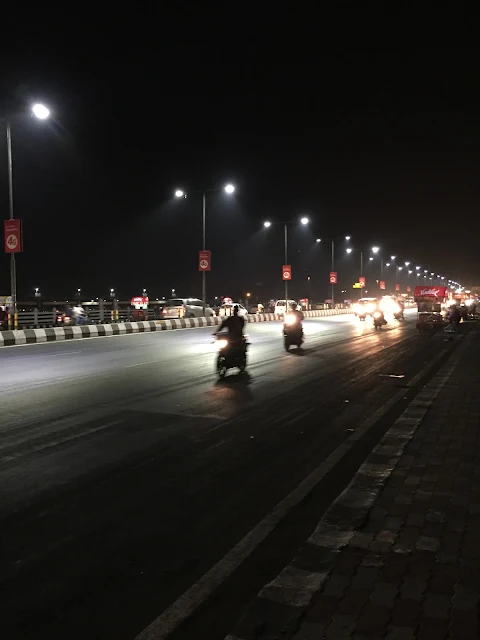Vikram Vedha (2017)
Whenever one goes back to his wayward ways, I remember Amma would say, "See, Vethalam has gone up murunga tree!" The story of Vedhalam (Vetal) goes back to the tales of King Vikramaditya and the fables of moral dilemmas. In one instance, the mighty King had to capture Vetal, a demon, from a cemetery. He was supposed to keep a code of silence and not utter a single word, or the creature would retreat back to the tree it was hanging. The King followed suit. The imp was such chatty chap who kept telling stories upon stories and demanding answers. He asserted that if the King knew the answer and did not reply, his head would explode. If the answer were correct, the devil would jump back to the tree. The devil would stay if the answer were wrong. Like that the devil escaped captivity as the wise King could his tales that ended with riddles. 25 stories were told. The King could answer all 24. The demon dodged and the sorcerer caught him, and the cycle went on. The last one proved too complicated even for the wise king. Vikram brought Vetal back.
This is the basis of this film; Vikram, a hotblooded police officer and Vedha, the dangerous criminal he is trying to nab who attempts to justify the path that his life turned out to be.
Gangland fights in North Chennai are becoming nasty. Abandoning their traditional steely knives, the gangsters find guns more damaging. The bodies are piling, and the police had set up a special force of cops to keep the situation under wraps. Everybody in the team was specially handpicked for their dedication. Despite all the obstacles, they persevere. The team members all have their own sorrows to wallow; the chief was injured in an encounter, Vikram's buddy, Simon, has a child with a chronic debilitating disease, another with sex addiction, another who wants to give the best education to his child and yet one with a gambling addiction.
The team gets the opportunity to seize the gang leader, Vedha, but he gets out on bail. Thanks to Vikram's wife who happens to be a junior lawyer. Then a cat-and-mouse game starts as Vikram gets near to apprehending Vedha. Vedha, in the meantime, engages in a 'catch-me-if-you can' routine whilst telling him stories of moral dilemma and his own justification for the predicament that he (Vedha) is in. Being born in the unfortunate side of the society with scant of opportunities, he had to do what he had to do to survive.
We all talk about one's own dharma*, the reason he is sent to Earth; the correct path that he is supposed to follow as it is what he is supposed to do. But who is to know - that this is the path and that is the destination. We are all thrown into the deep end of the pool, some of us in cesspools, others in a seemingly nectar-filled rose scented pool. We are made to made to grope in the dark and make sense of what we are supposed to do. Irrespective of muck or rose petals, keeping afloat is a struggle, nonetheless. As we go on with the journey of life, we absorb guidance and knowledge from those around us and convince ourselves that that is our dharma, our reason for our existence. But who knows whether we made the right decision. We make up our minds as we wobble along.
People in positions of power also go through the very same quandary. A leader has to take the tough call to steer his downlines towards the right track. Decisions are not mere flowcharts guided by arrows, but different approach needed for different situations. There is no right or wrong decision; only bad choice in retrospect! In case our decisions proved less favourable, we convince ourselves that our conscience is clear. We did what we thought was best at that time and space.
 |
| Source: Wiki |
This is the basis of this film; Vikram, a hotblooded police officer and Vedha, the dangerous criminal he is trying to nab who attempts to justify the path that his life turned out to be.
Gangland fights in North Chennai are becoming nasty. Abandoning their traditional steely knives, the gangsters find guns more damaging. The bodies are piling, and the police had set up a special force of cops to keep the situation under wraps. Everybody in the team was specially handpicked for their dedication. Despite all the obstacles, they persevere. The team members all have their own sorrows to wallow; the chief was injured in an encounter, Vikram's buddy, Simon, has a child with a chronic debilitating disease, another with sex addiction, another who wants to give the best education to his child and yet one with a gambling addiction.
The team gets the opportunity to seize the gang leader, Vedha, but he gets out on bail. Thanks to Vikram's wife who happens to be a junior lawyer. Then a cat-and-mouse game starts as Vikram gets near to apprehending Vedha. Vedha, in the meantime, engages in a 'catch-me-if-you can' routine whilst telling him stories of moral dilemma and his own justification for the predicament that he (Vedha) is in. Being born in the unfortunate side of the society with scant of opportunities, he had to do what he had to do to survive.
We all talk about one's own dharma*, the reason he is sent to Earth; the correct path that he is supposed to follow as it is what he is supposed to do. But who is to know - that this is the path and that is the destination. We are all thrown into the deep end of the pool, some of us in cesspools, others in a seemingly nectar-filled rose scented pool. We are made to made to grope in the dark and make sense of what we are supposed to do. Irrespective of muck or rose petals, keeping afloat is a struggle, nonetheless. As we go on with the journey of life, we absorb guidance and knowledge from those around us and convince ourselves that that is our dharma, our reason for our existence. But who knows whether we made the right decision. We make up our minds as we wobble along.
People in positions of power also go through the very same quandary. A leader has to take the tough call to steer his downlines towards the right track. Decisions are not mere flowcharts guided by arrows, but different approach needed for different situations. There is no right or wrong decision; only bad choice in retrospect! In case our decisions proved less favourable, we convince ourselves that our conscience is clear. We did what we thought was best at that time and space.











































